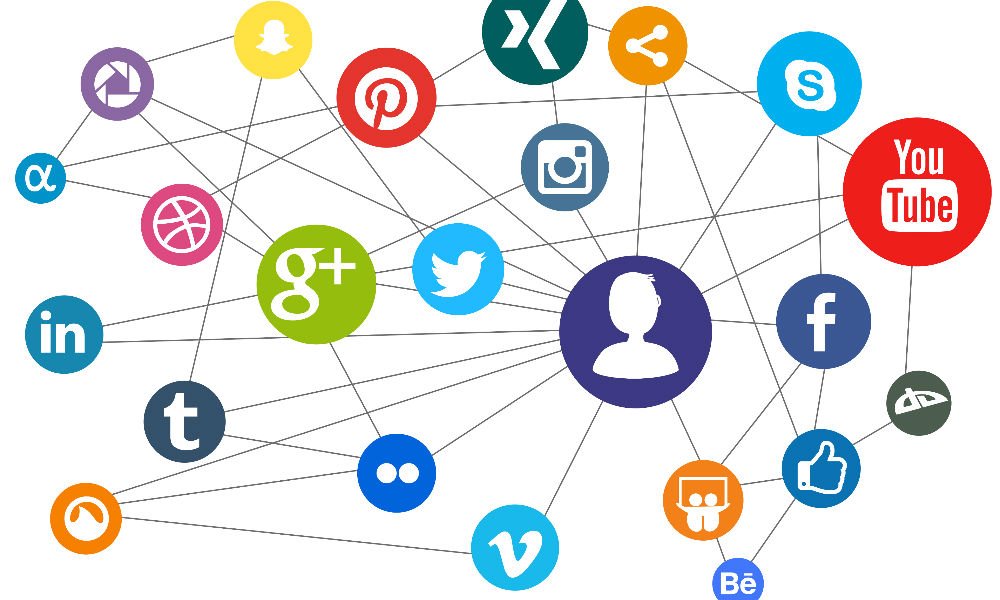As social media continues to evolve, it shapes the way we communicate, interact, and connect with one another. With emerging technologies, shifting user preferences, and the constant need for innovation, the future of social media promises to bring significant changes. In this article, we’ll explore some key trends and predictions for what’s next in the social media landscape.
1. Increased Focus on Privacy and Data Security
As users become more aware of data privacy issues, social media platforms will prioritize transparency and user control over personal information. This shift will likely lead to enhanced security measures, clearer privacy policies, and tools that allow users to manage their data more effectively. Expect to see platforms implementing end-to-end encryption and more stringent data protection regulations.
2. The Rise of Augmented Reality (AR) and Virtual Reality (VR)
Augmented and virtual reality technologies are set to revolutionize the way users engage with content on social media. Platforms are likely to integrate AR and VR features to create immersive experiences, allowing users to interact with virtual environments, attend events, or shop in a virtual space. As hardware becomes more accessible, these technologies could transform social media into a more interactive and experiential platform.
3. Greater Integration of E-Commerce
The lines between social media and e-commerce are increasingly blurring. Platforms will continue to expand their shopping features, allowing users to discover and purchase products seamlessly within their feeds. Social commerce will flourish, with features like shoppable posts, live shopping events, and personalized recommendations based on user behavior, making social media a vital channel for brands to reach consumers.

4. Short-Form Video Content Dominance
The popularity of short-form video content is likely to persist, with platforms prioritizing quick, engaging videos that capture attention in seconds. As seen with TikTok and Instagram Reels, the demand for bite-sized, entertaining content is on the rise. Users will gravitate toward platforms that offer creative tools for video editing and unique ways to engage with content.
5. Decentralized Social Media Platforms
As concerns about censorship and centralized control grow, decentralized social media platforms may emerge as viable alternatives. These platforms operate on blockchain technology, giving users more control over their data and reducing the influence of corporate entities. Expect to see a rise in platforms that prioritize user autonomy and community governance.
6. AI-Driven Content Personalization
Artificial intelligence will play a crucial role in shaping the future of social media. Platforms will leverage AI algorithms to analyze user behavior and preferences, delivering personalized content and advertisements. Enhanced personalization will create more relevant and engaging experiences for users, while also helping brands reach their target audiences more effectively.
7. Community-Centric Features
Social media platforms will likely evolve to emphasize community-building and authentic connections. Features that foster meaningful interactions, such as group discussions, community challenges, and local networking events, will become more prevalent. Users will seek platforms that facilitate genuine relationships and shared interests rather than superficial connections.
8. Focus on Mental Health and Well-Being
The impact of social media on mental health has prompted platforms to address user well-being proactively. Expect to see tools and features that promote positive interactions, reduce negativity, and encourage mindful use of social media. Platforms may implement measures to combat cyberbullying, misinformation, and toxic behavior, fostering healthier online environments.
Conclusion
The future of social media is poised for transformation, driven by technological advancements, evolving user expectations, and societal shifts. As platforms adapt to these changes, we can anticipate a landscape that prioritizes privacy, engagement, and authentic connections. Embracing these trends will not only shape the way we interact but also redefine our digital experiences in the years to come. As we move forward, staying informed and adaptable will be key to navigating this dynamic environment.










